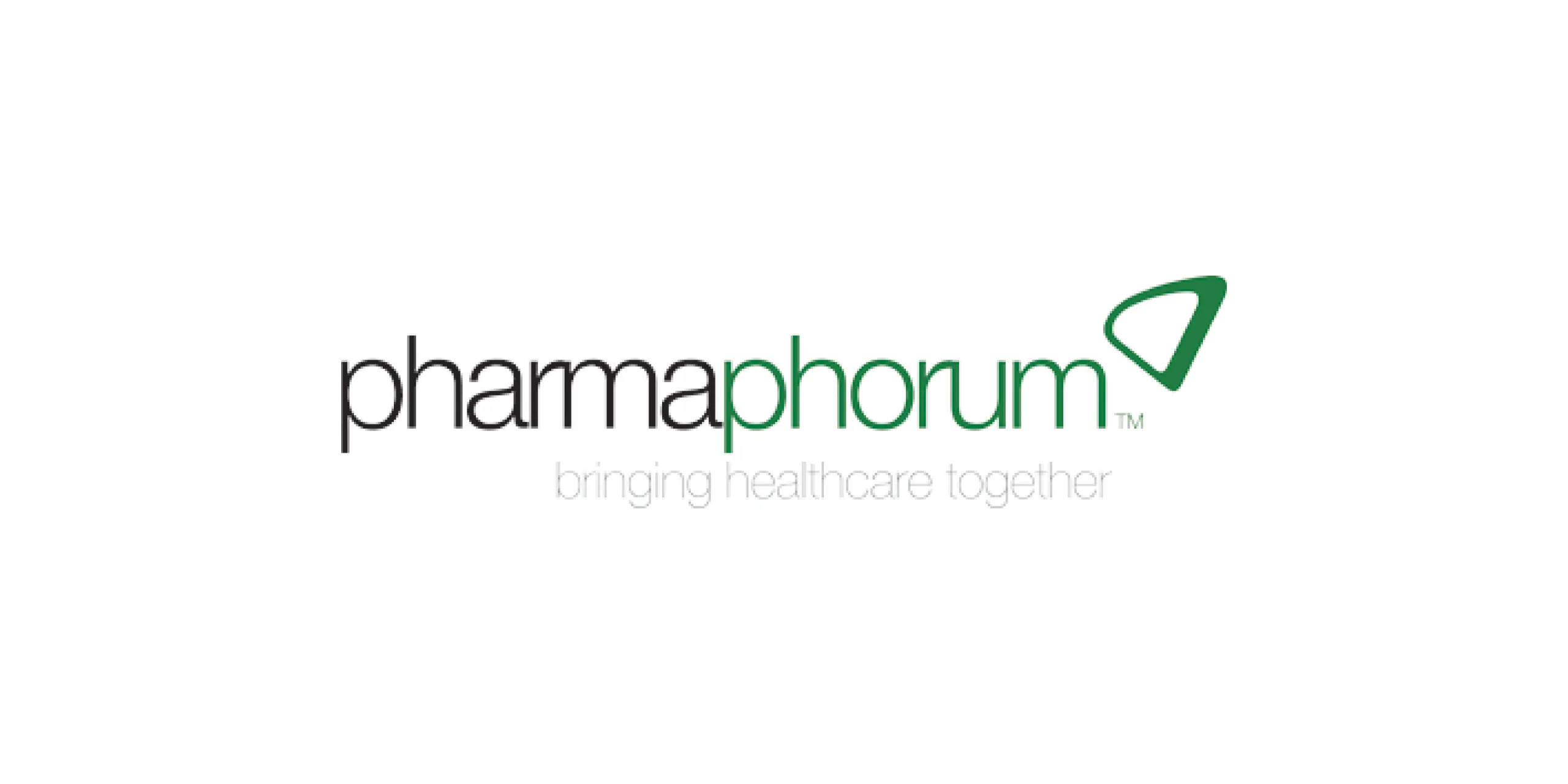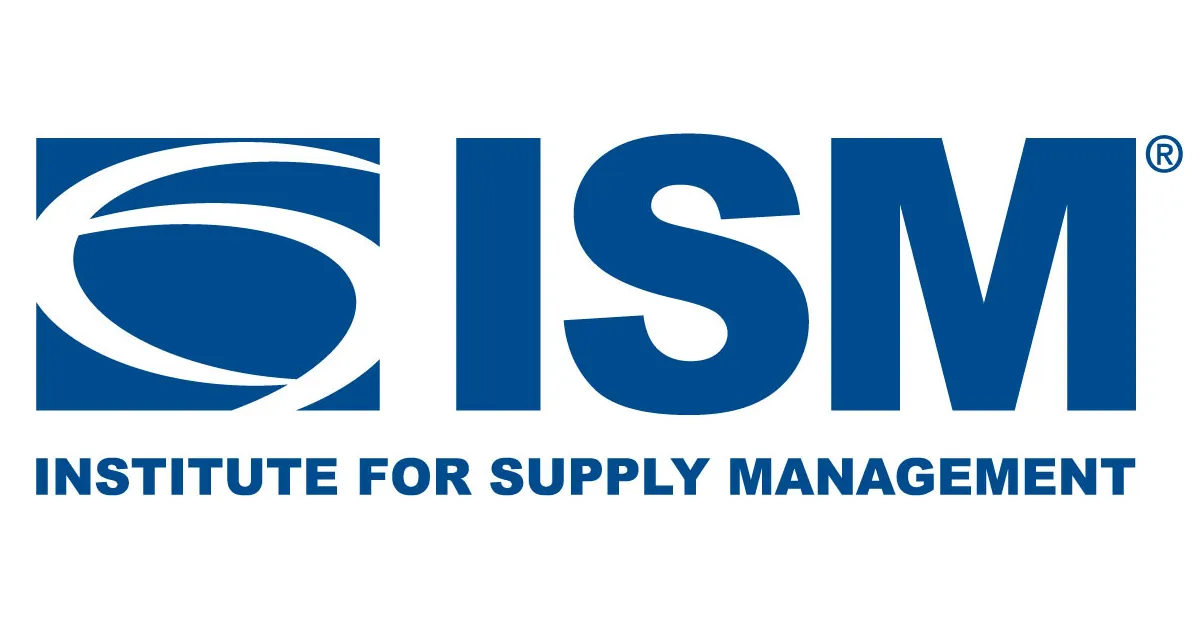With people’s health and lives at stake, maintaining a resilient pharmaceutical supply chain to ensure the timely delivery of life-saving medication is critical. But as the sector rapidly grows and becomes increasingly interconnected, operational vulnerabilities arise, with compliance issues often looming large.
Over the past decade, the pharmaceutical industry has faced significant financial consequences due to non-compliance problems. Since 2010, the industry has had to pay more than $80 billion in fines across more than 500 cases of recorded violations. What’s more, last year the life sciences industry witnessed a staggering 72% surge in fine-related alerts globally, alongside a 38% increase in alerts concerning legal actions. This data comes from Resilinc’s AI monitoring system.
At the heart of many compliance issues lies adherence to Good Manufacturing Practices (GMPs), indicating the minimum standards that pharmaceutical manufacturers have to follow in their production processes. Every manufacturer operating within or selling to the EU market, regardless of their geographical location, must comply with these. GMP violations include issues such as insufficient quality control, inadequate documentation, and non-compliance with standard operating procedures, to name just a few. As a result, these can lead to product recalls, fines, shortages, reputational damage, and even bankruptcies.





